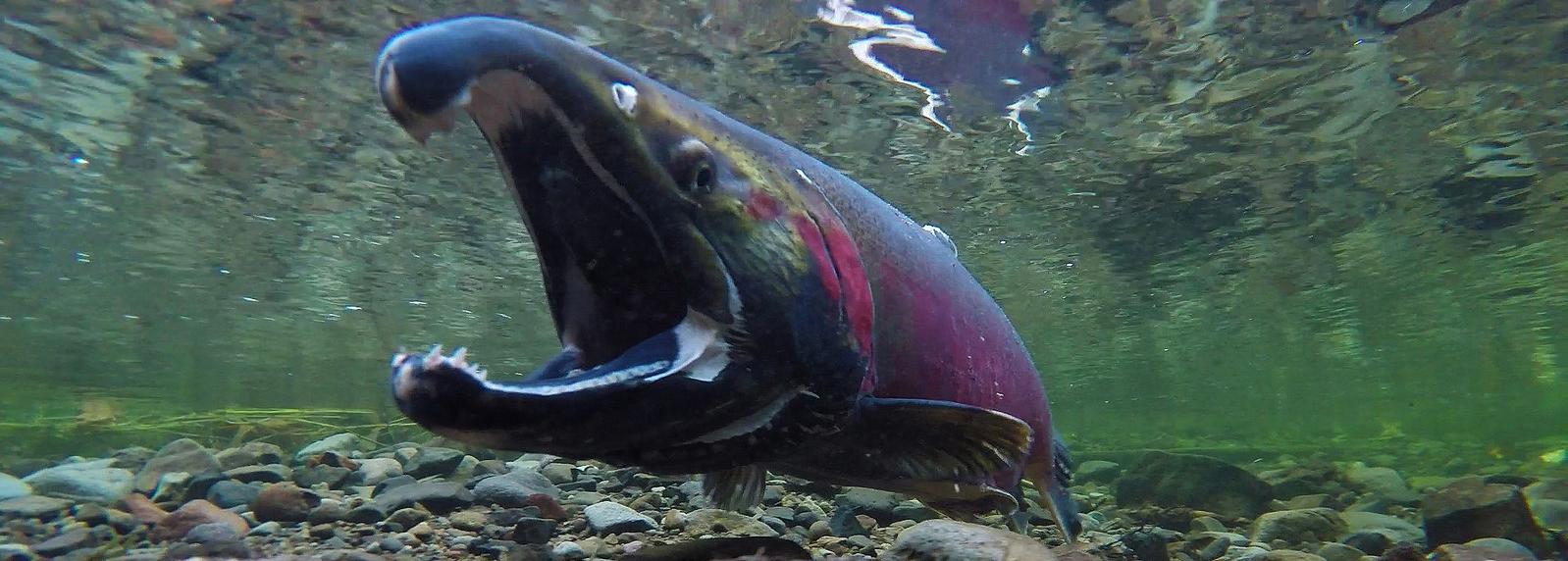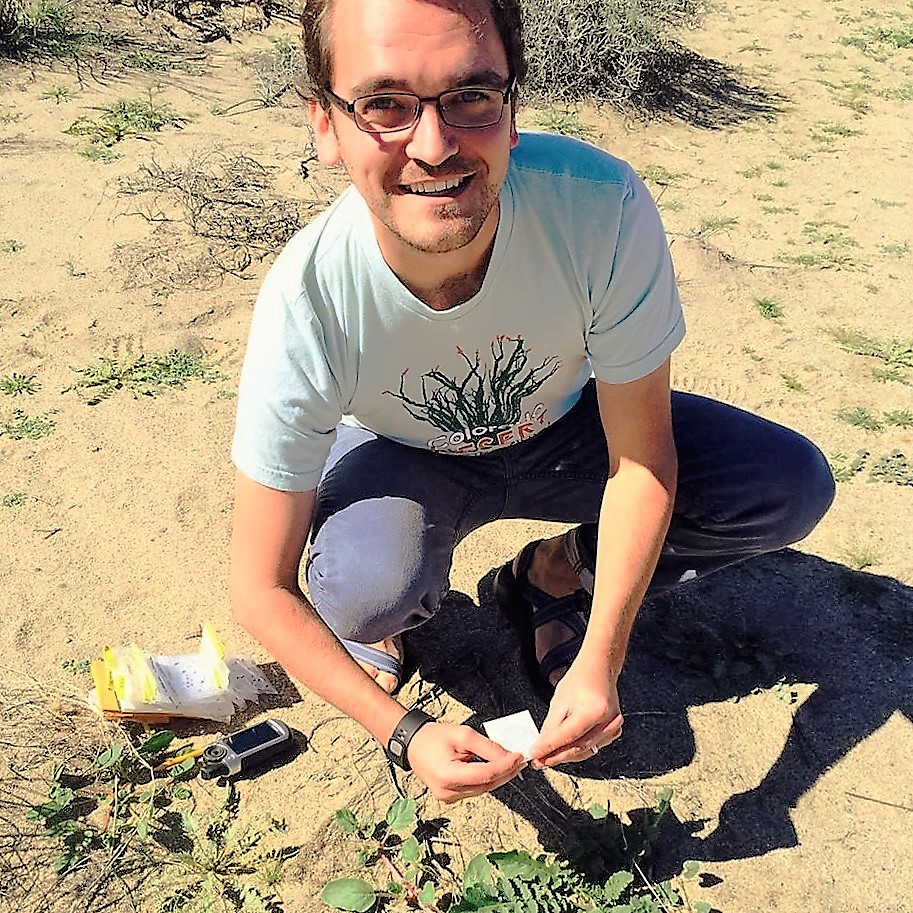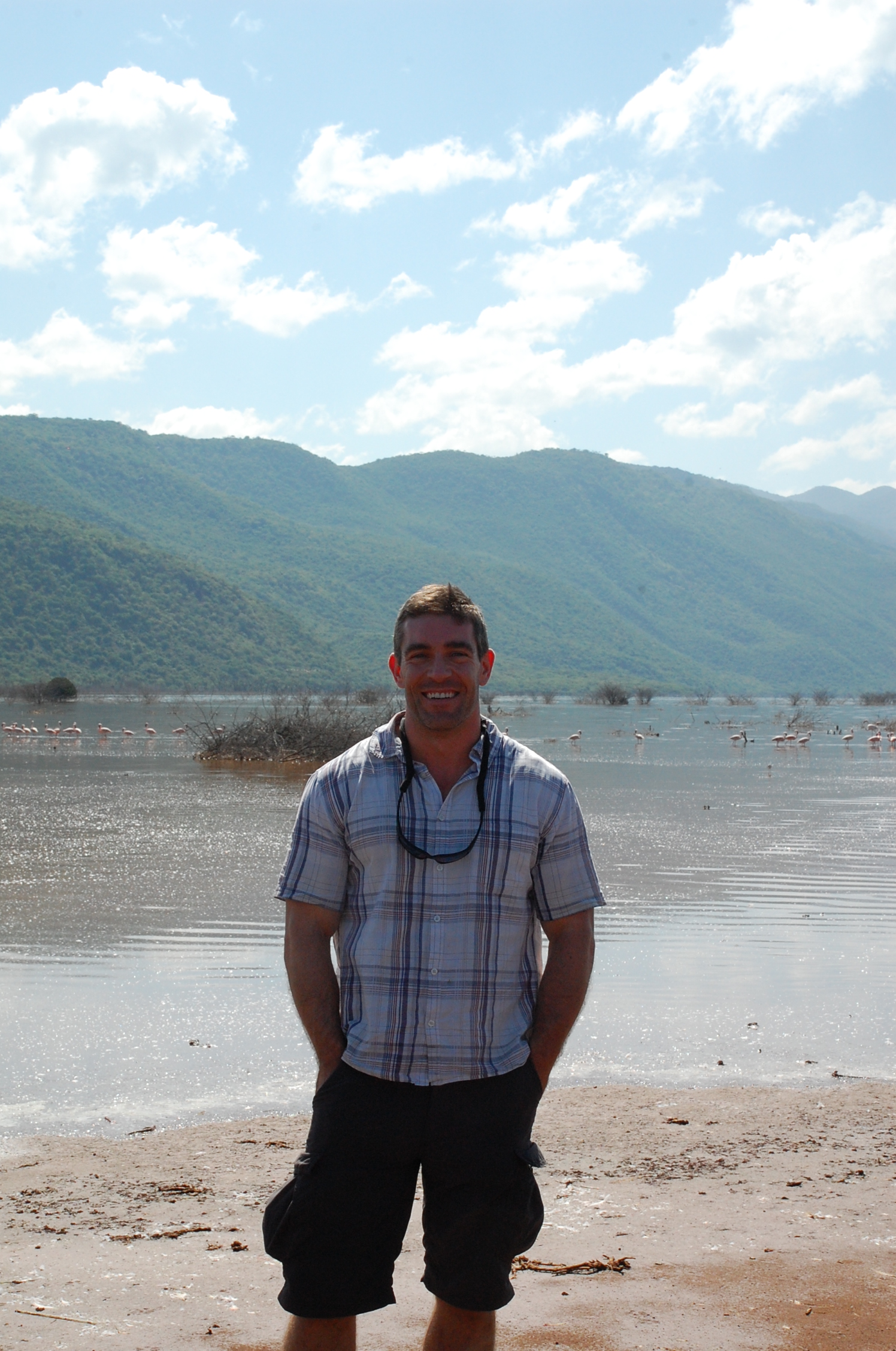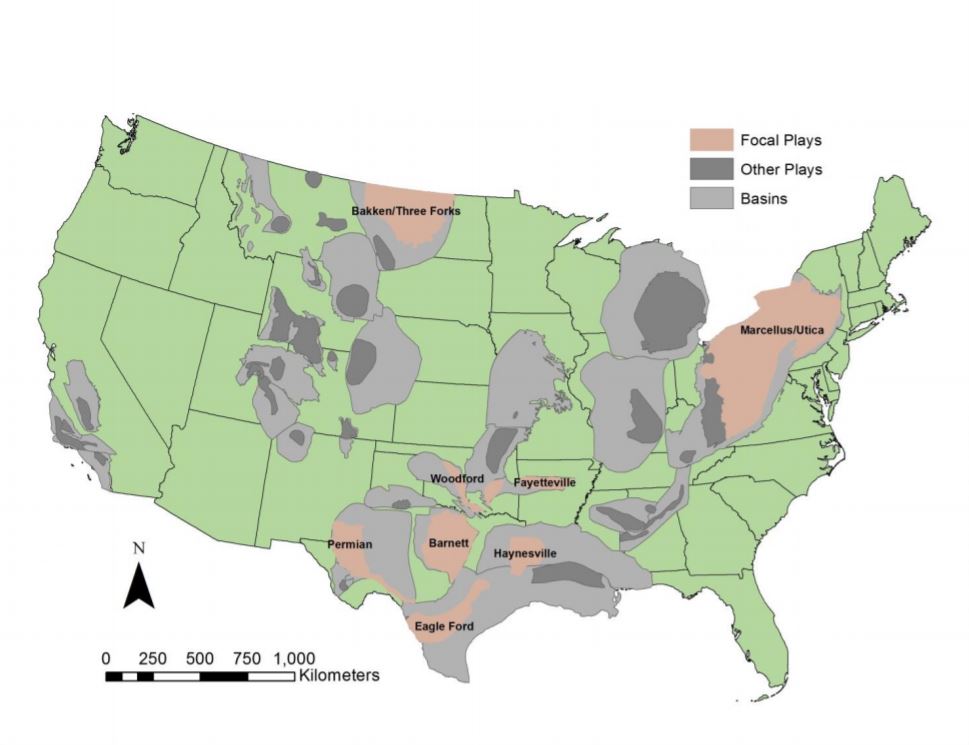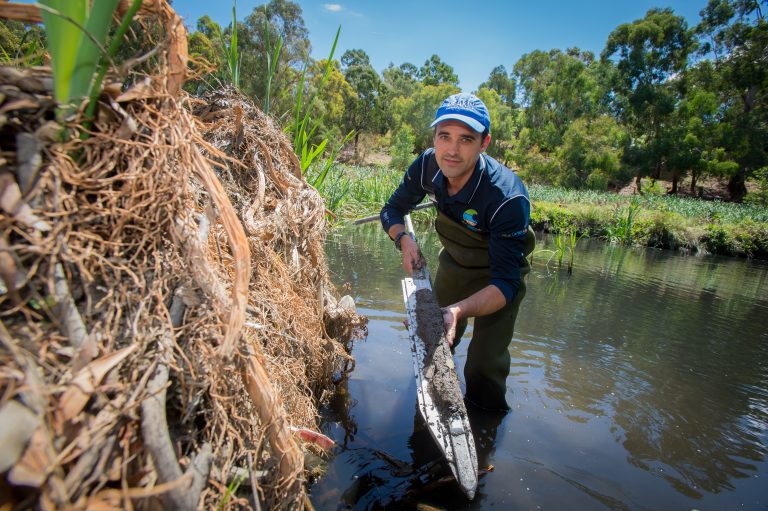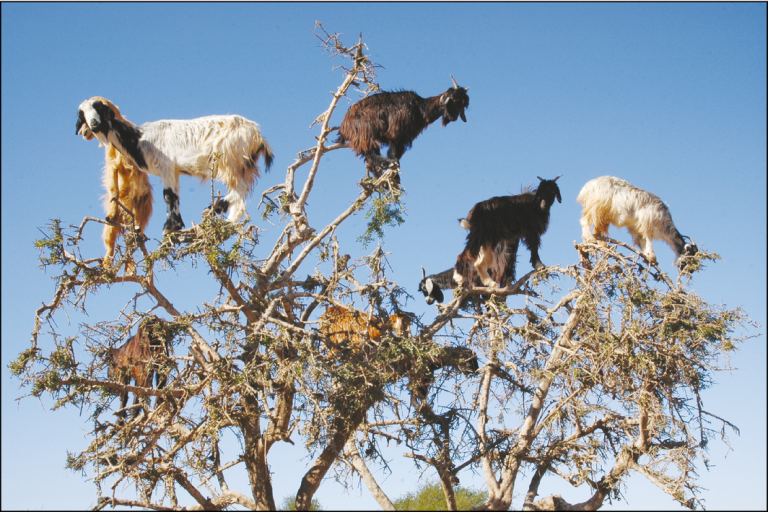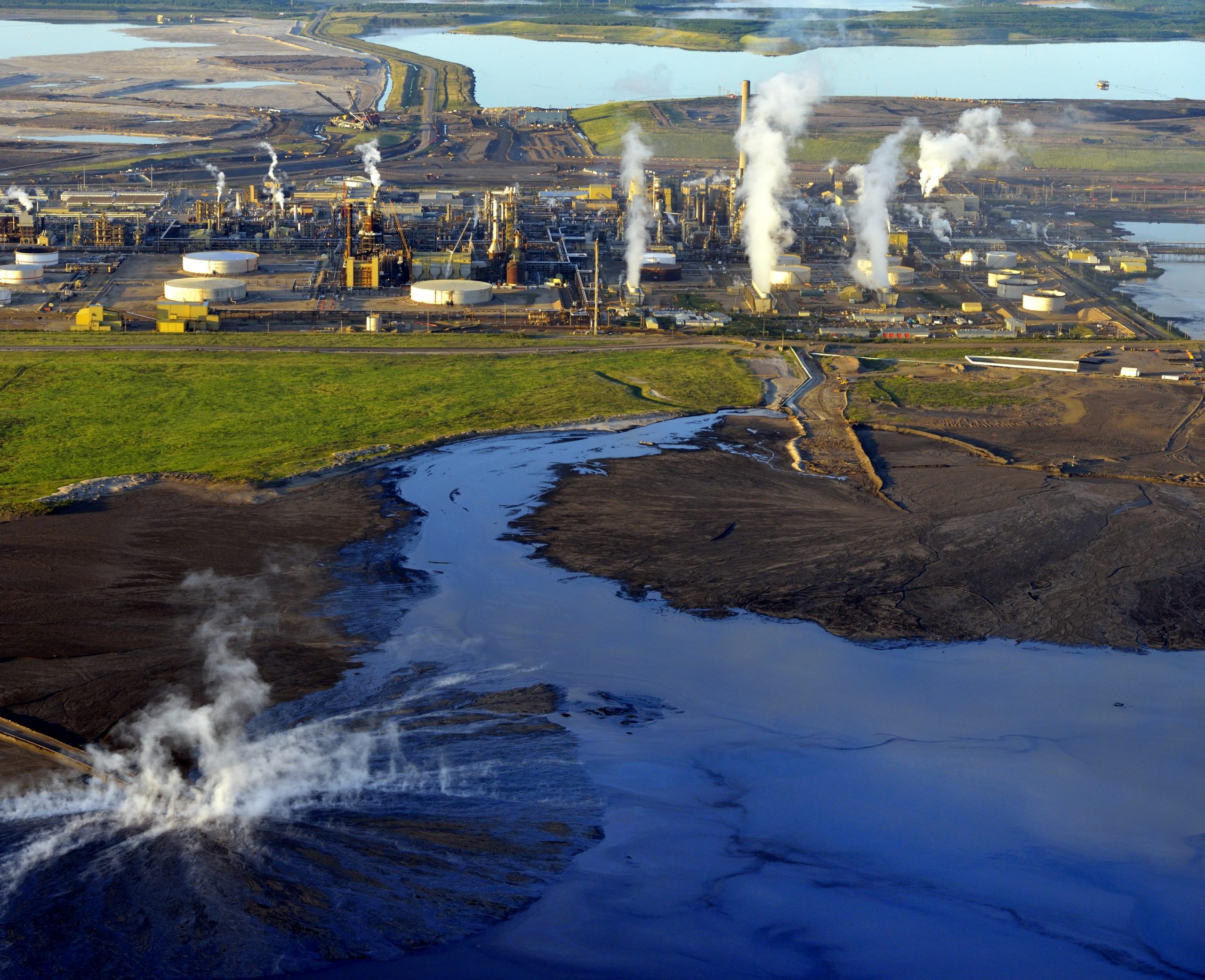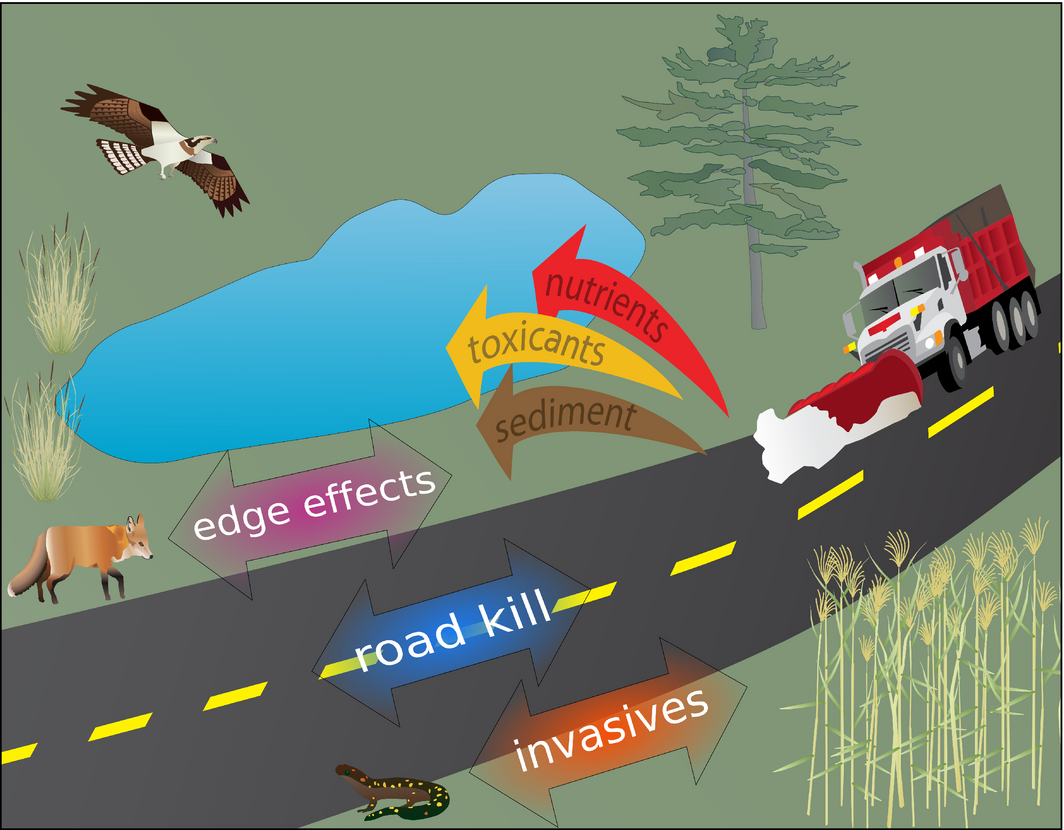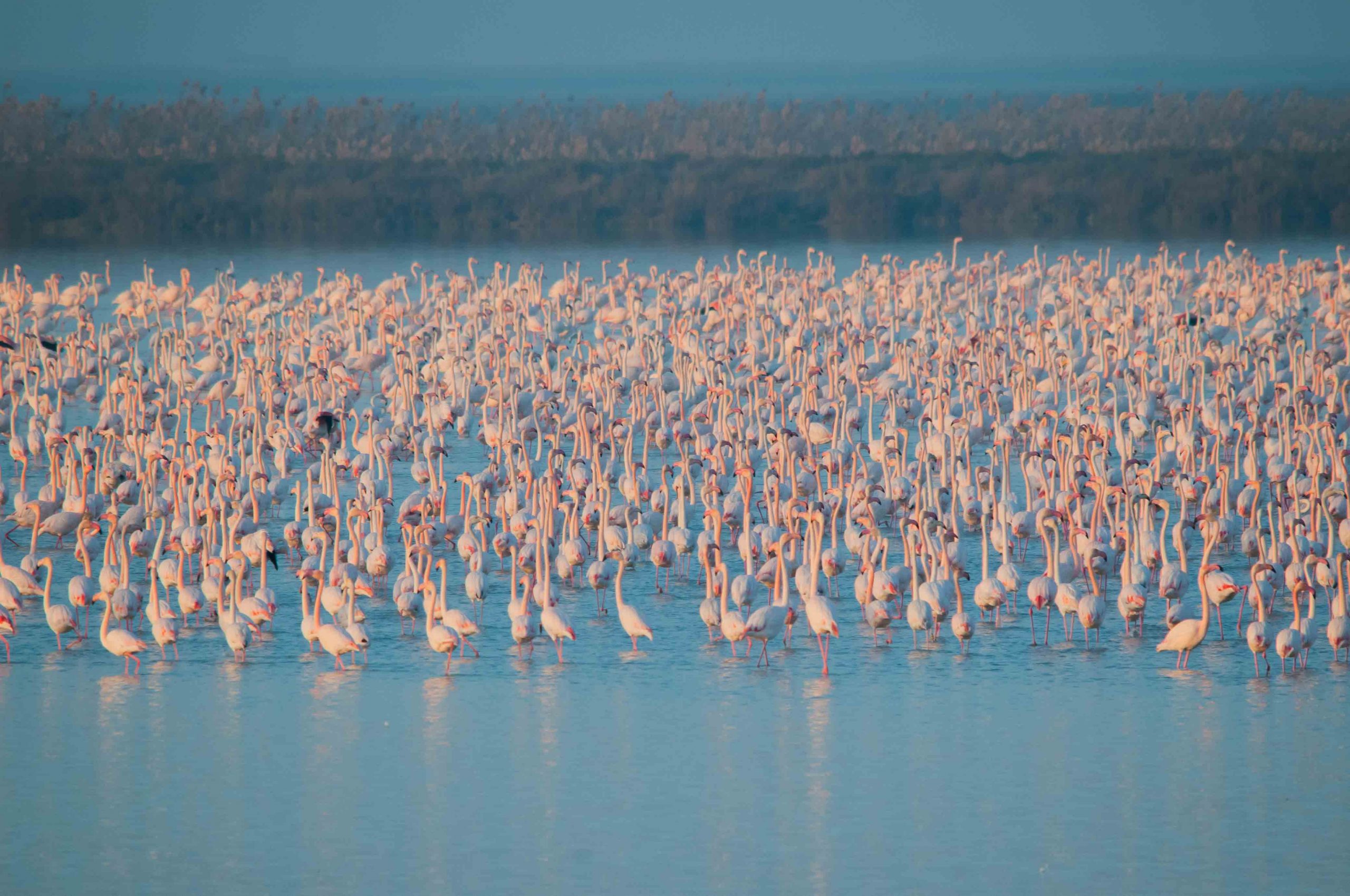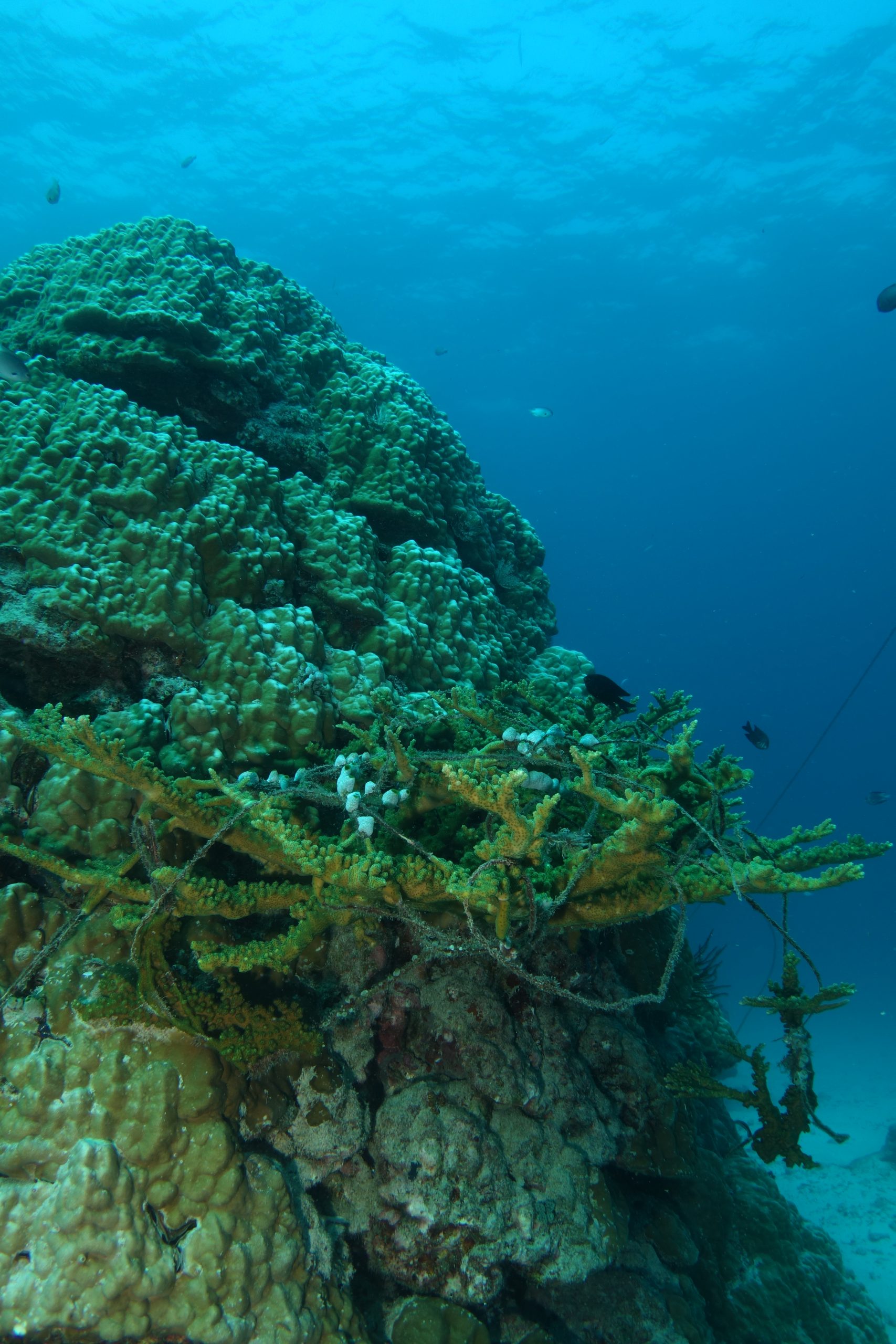
Integrating geographically isolated wetlands into land management
Mark Rains is a Professor of Geology and the Director of the School of Geosciences at the University of South Florida, where he studies hydrological connectivity and the role it plays in governing structure and function in aquatic ecosystems. He shares this Frontiers Focus on how to integrate geographically isolated wetlands into land management decisions from a paper published in…
